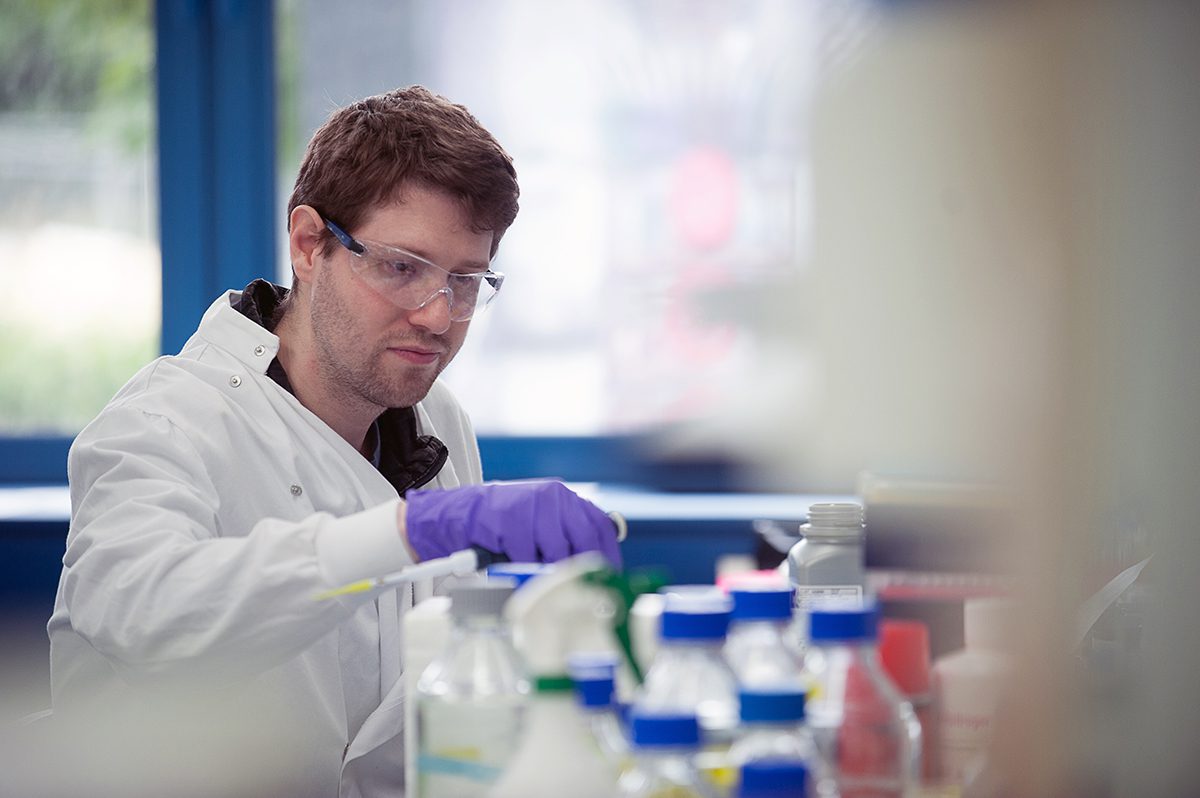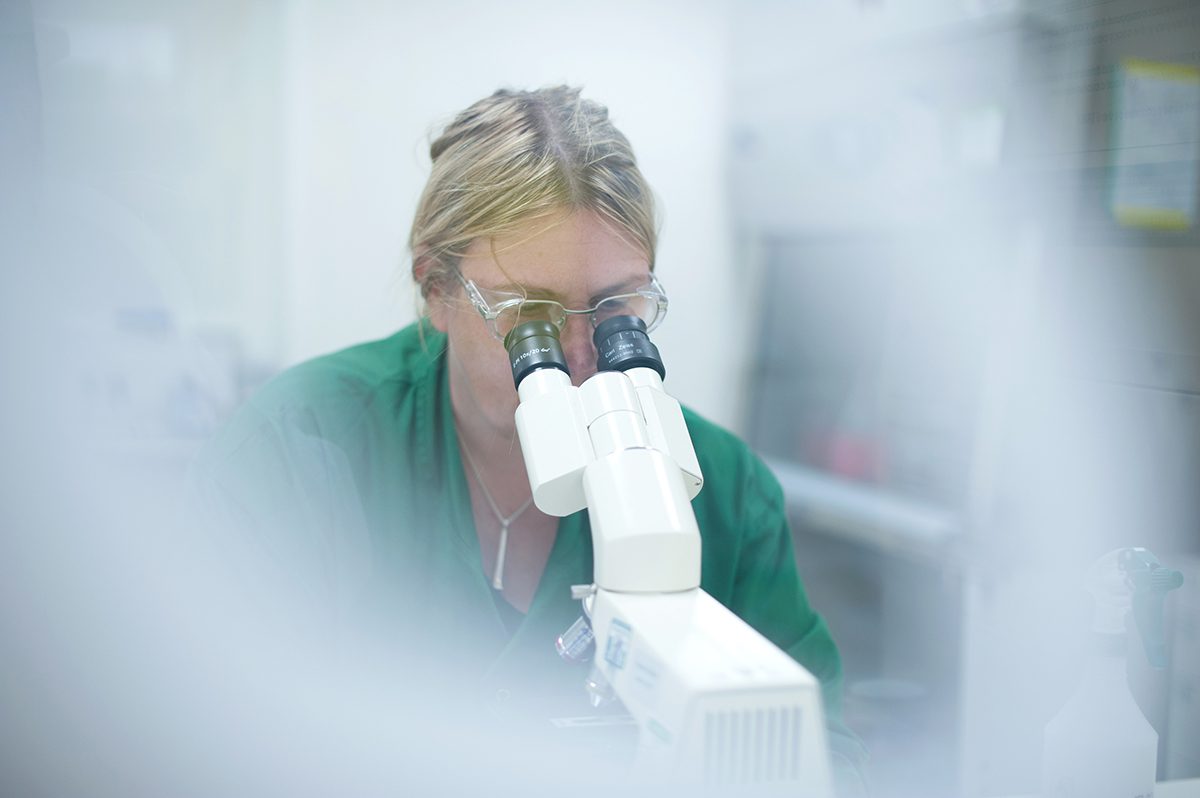We have a confession to make …
No, we’ve not developed a means of making people invisible, it’s just the University of Dundee Press Office having a little bit of fun for April Fool’s Day.
However, the University of Dundee is carrying out world-leading research at our School of Life Sciences every single day. That is why we were ranked the top university for Biological Sciences in the most recent UK-wide assessment of research quality in UK higher education institutions – REF2014.



Want to learn more?
Here is just a sample of the work that is taking place here:
Last year we revealed that, through a collaboration with GSK and Wellcome, we have developed a new preclinical candidate drug with the potential to treat visceral leishmaniasis, one of the world’s major neglected diseases.
Visceral leishmaniasis is a disease which kills tens of thousands of people every year, mainly among the poorest in the world. Currently available drugs have limitations and are not ideal for use in resource-poor settings, resulting in a clear need for new and improved treatments to address this significant unmet medical need.
November saw the Bill and Melinda Gates Foundation grant a $900,000-plus award to allow University of Dundee researchers to pursue the quest for a new male contraceptive. The award will enable significant progress to be made over the next two years in the discovery and development of the first safe and effective male contraceptive drug.
The University of Dundee is uniquely positioned to pursue this project. It combines the internationally recognised expertise in male fertility research in the School of Medicine with world-class robotic high-throughput imaging facilities at the National Phenotypic Screening Centre and the deep knowledge of drug design, synthesis and safety testing present in the Drug Discovery Unit, both within the School of Life Sciences.
Our Drug Discovery Unit has recently announced a partnership with Takeda, Japan’s largest pharmaceutical company, to develop possible new therapeutic treatments for tau pathology, an underlying feature in several forms of neurodegeneration, including Alzheimer’s disease.
Alzheimer’s disease affects 50 million people worldwide, yet there are currently no disease-modifying treatments. The number of sufferers is expected to increase dramatically in the coming decades, thus representing a vast and growing unmet medical need.
A PROTAC compound developed at the University of Dundee is being made available free of charge by the pharmaceutical company Boehringer Ingelheim.
PROTACs (PROteolysis TArgeting Chimeric molecules) are designed to harness the cell’s natural disposal system to specifically remove disease causing proteins. Professor Alessio Ciulli has led the development and characterisation of MZ 1 at his laboratory in the School of Life Sciences, opening up new research opportunities in therapeutic areas such as oncology, immunology and respiratory diseases. The MZ 1 compound is now available via Boehringer Ingelheim’s’ opnMe.com portal.
We work with academics and scientists from all over the world. We also welcome trainees who want to come to Dundee and make use of our state-of-the-art facilities, with priority given to those working in disease-endemic countries. Click here to see where our current trainees are from.
So far, our public programming has collaborated with the Dundee Rep Theatre to create a new piece of performance theatre, taken part in Stobfest, a community festival here in the city, and created a digital art piece with NEoN Festival. We will be opening a new exhibition in our very own gallery, the LifeSpace Art Research Gallery, in early May, so keep an eye on our website.
So, while InvisiPill may not be real, the impact of our work is there for the world to see.
Want to join us?
Come and work with us
Sign up for information about job vacancies at the University of Dundee
Postgraduate courses
We offer a wide range of our specialist taught postgraduate courses – find out more
PhD opportunities
We offer a huge choice of potential PhD opportunities with supervision from experts in their fields – find out more
Undergraduate courses
Find out what makes us your best choice for undergraduate study
